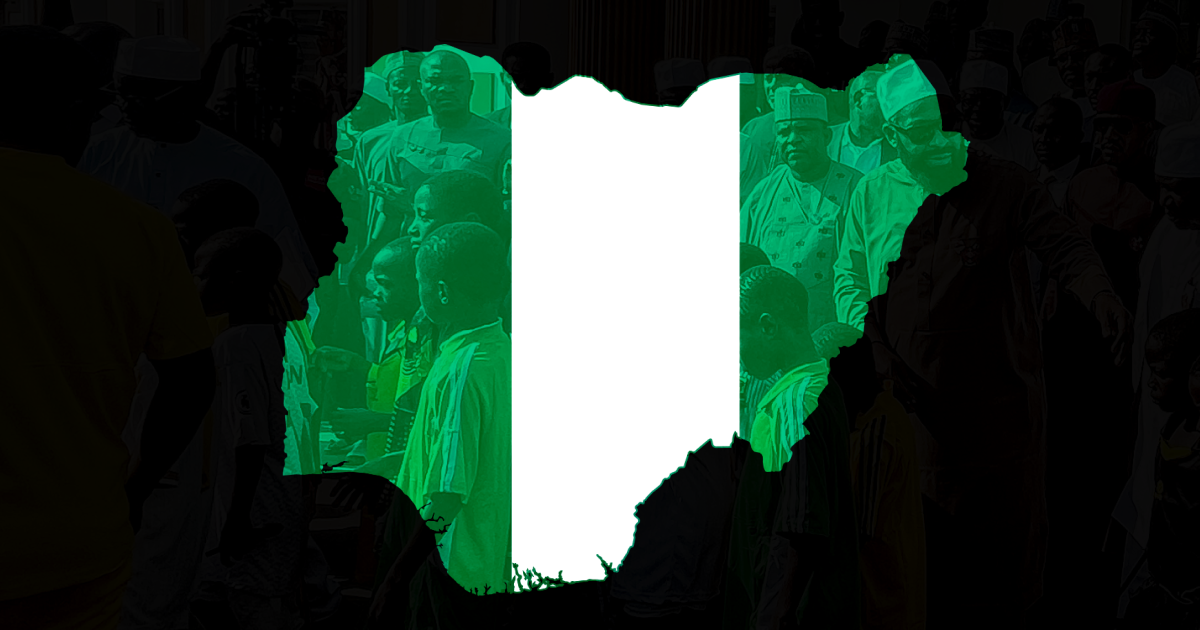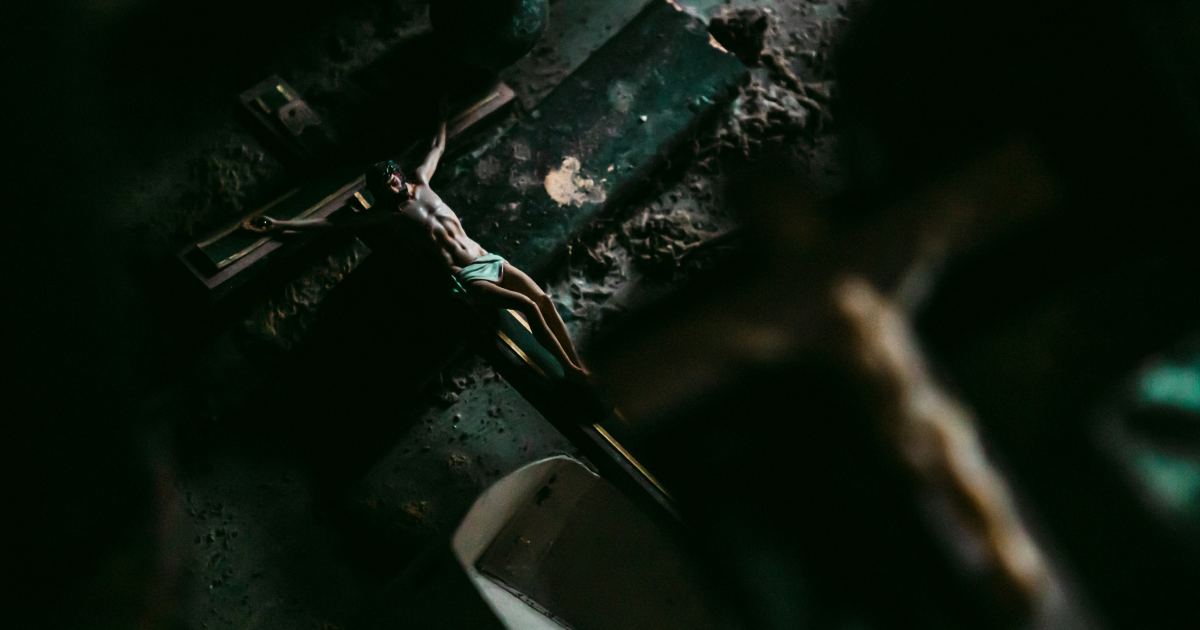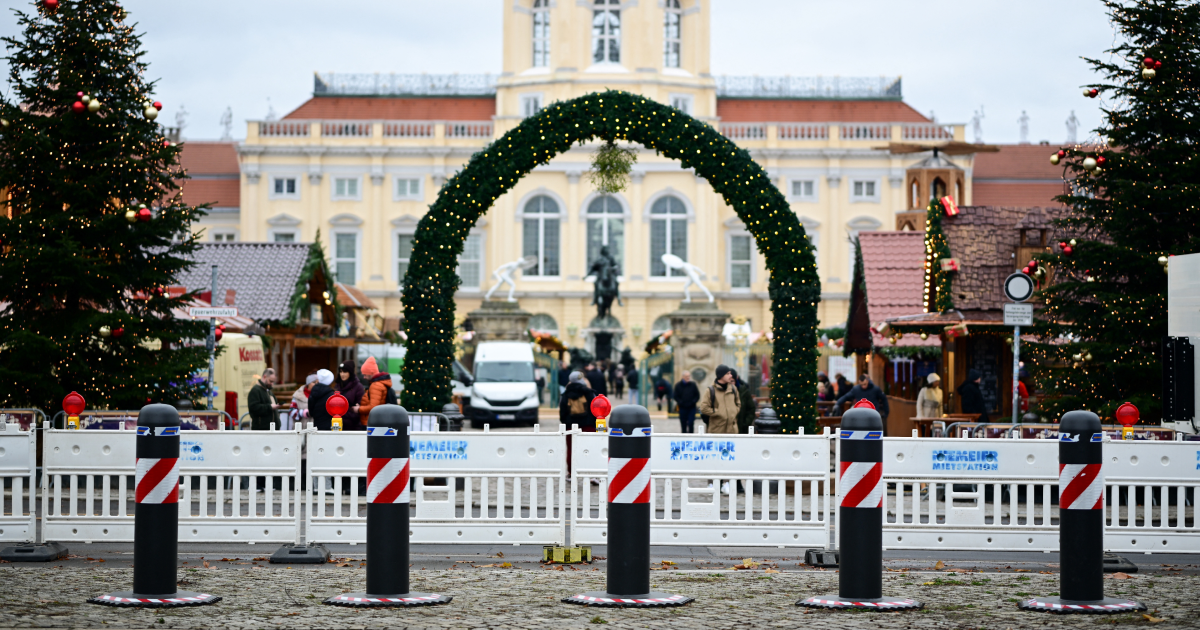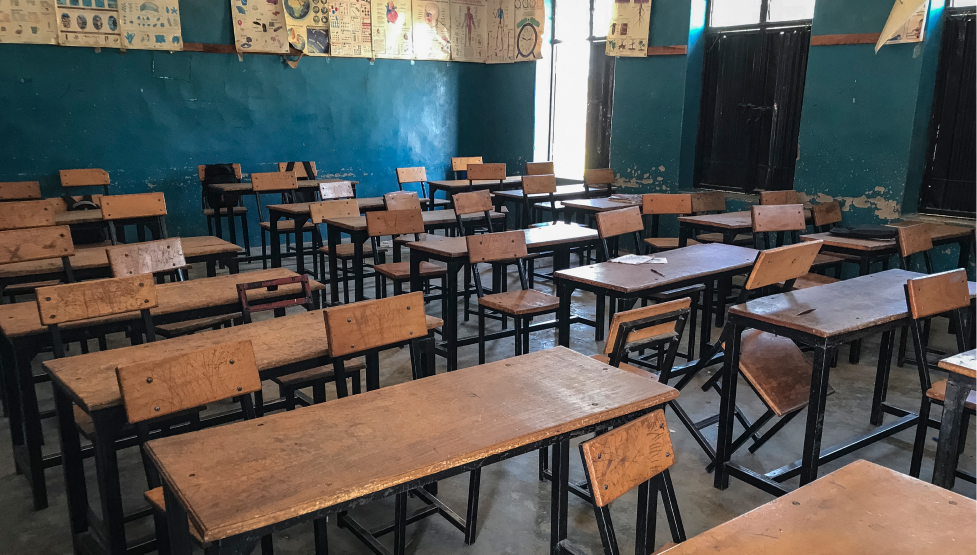A cathedral and a school have been targeted in what appears to be a spate of anti-Catholic violence.
During the night of 7 November, St Mary’s Cathedral in Dhaka, Bangladesh, was hit by a crude bomb that exploded just outside the church, the centre of Catholic life in the country. St Joseph’s School and College, about five kilometres away, was also attacked with a bomb.
Despite the attack, which was clearly intended to end Christian lives and warn believers against practising their faith, no injuries were reported. The cathedral, which celebrates a daily 6.30 a.m. Holy Mass, with early morning Mass being customary on the Indian subcontinent, saw around 500 worshippers attend the Saturday morning service in defiance of the terrorists’ attempt.
Brother Chandan Benedict Gomes, principal of St Joseph’s and a member of the Holy Cross Brothers, said the attack had caused “anxiety” but that “classes were held as usual.”
The violence comes just a month after 8 October, when a bomb was hurled at the capital’s oldest church, the Holy Rosary Catholic Church. Holy Rosary is the country’s oldest Catholic church and is thought to serve around 10,000 of the nation’s Christian community. Pope Francis visited the church during his 2017 trip to Bangladesh.
No group has claimed responsibility for any of the incidents. However, a man believed to be associated with the politics of the Awami League, one of Bangladesh’s two main political parties often accused of being sympathetic to Islamist causes, was arrested in connection with the 8 October bombing.
Bangladesh has been embroiled in political turmoil since last year, when student-led protests erupted over a public-sector job quota system. The protests became what is known as the July Revolution, which saw the deaths of an estimated 1,400 people. As a result, the Awami League’s long-time leader Sheikh Hasina resigned and fled the country.
Since 8 August a caretaker government led by Nobel laureate Muhammad Yunus has been installed with a mandate to oversee reforms and organise an election, due to take place in April 2026. The situation for Christians remains particularly volatile, with minority religious communities accusing the government of failing to protect them from attacks.
Islamism, the political ideology of Islam, has grown in the country in recent years. Although Bangladesh was known for a more secular expression of Islam after its independence from Pakistan in 1971, Islamist politics have become increasingly dominant, with Jamaat e Islami, the previously banned Islamist party, gaining ground.
(Photo by MEHEDI HASAN/Middle East Images/AFP via Getty Images)










.png)






